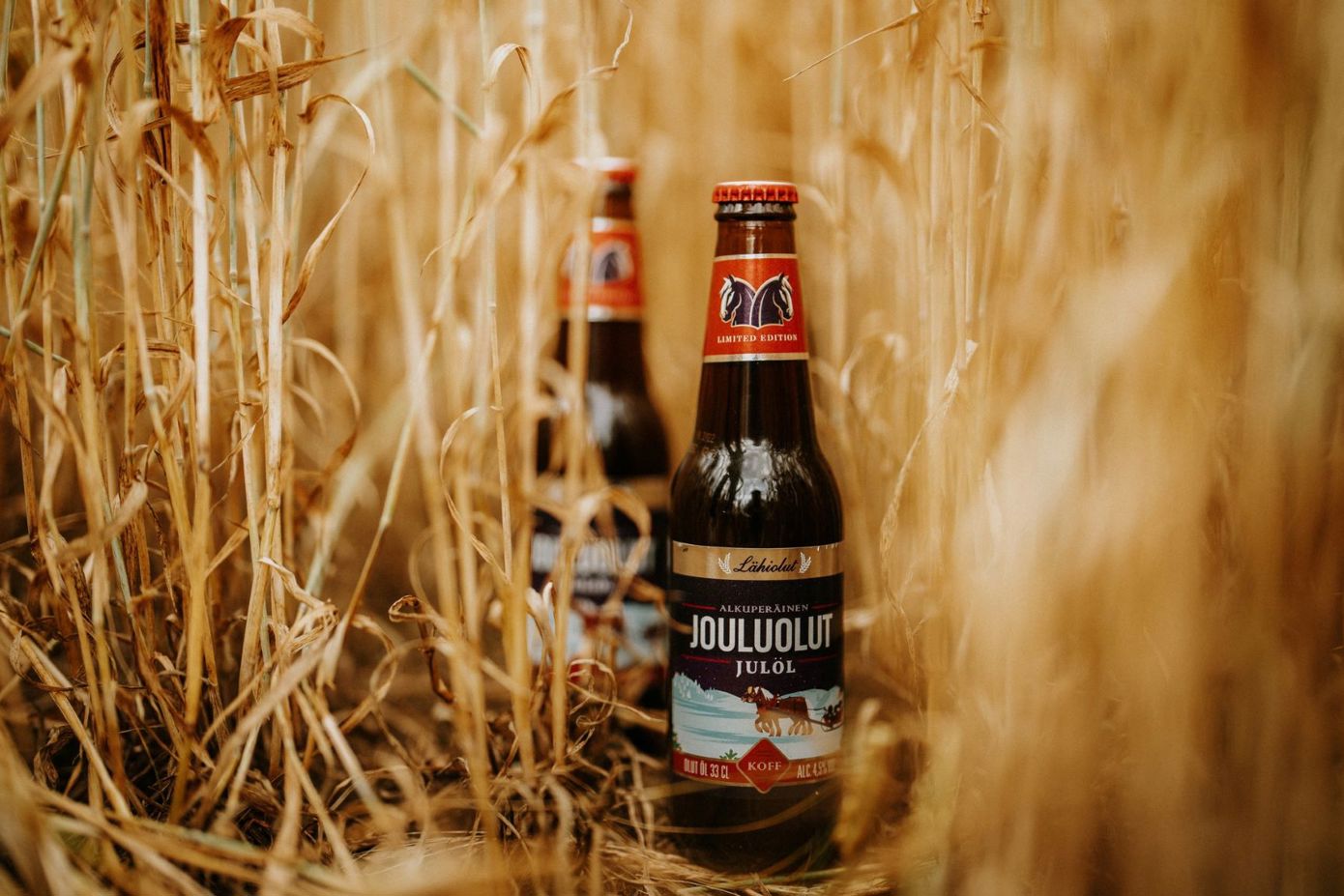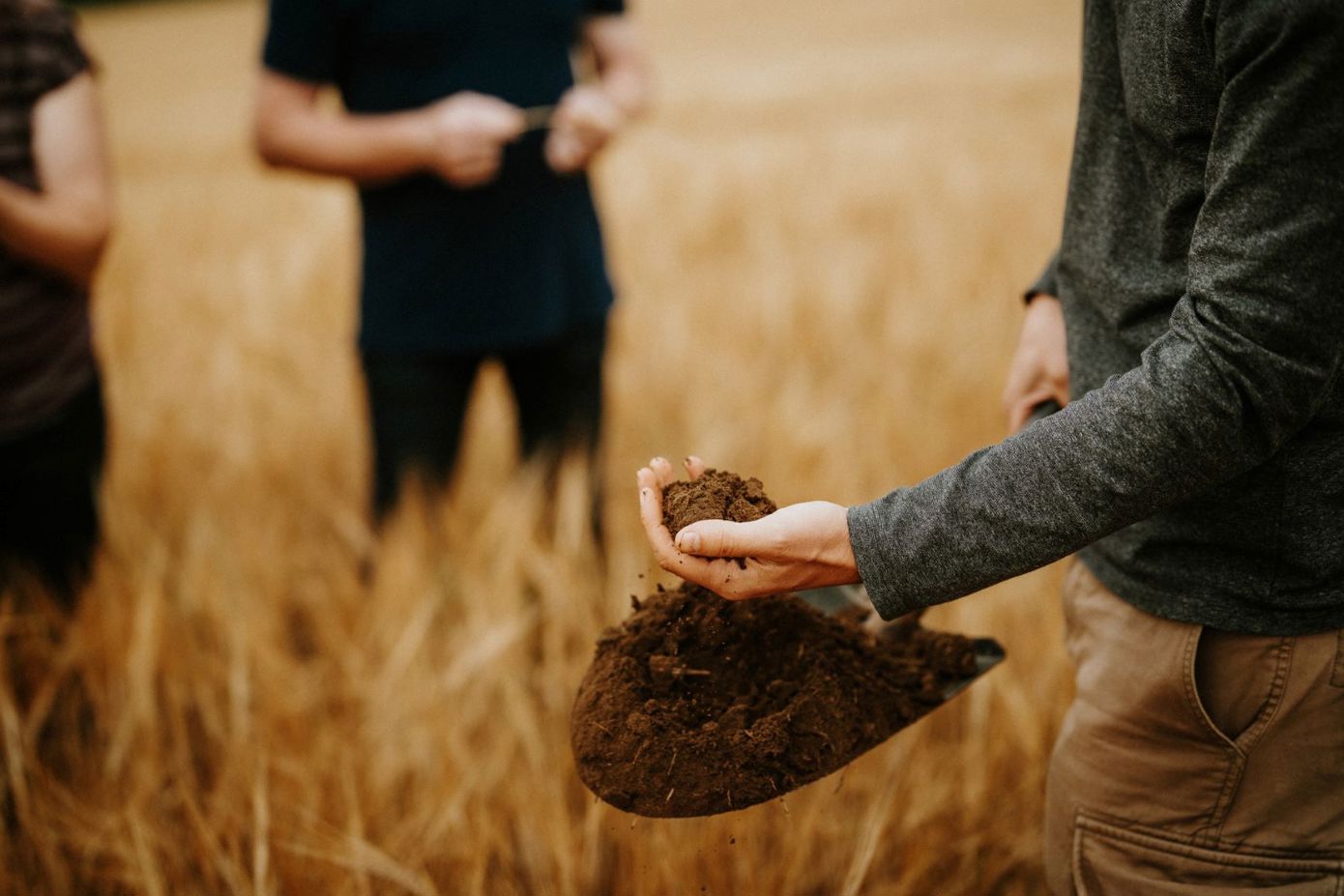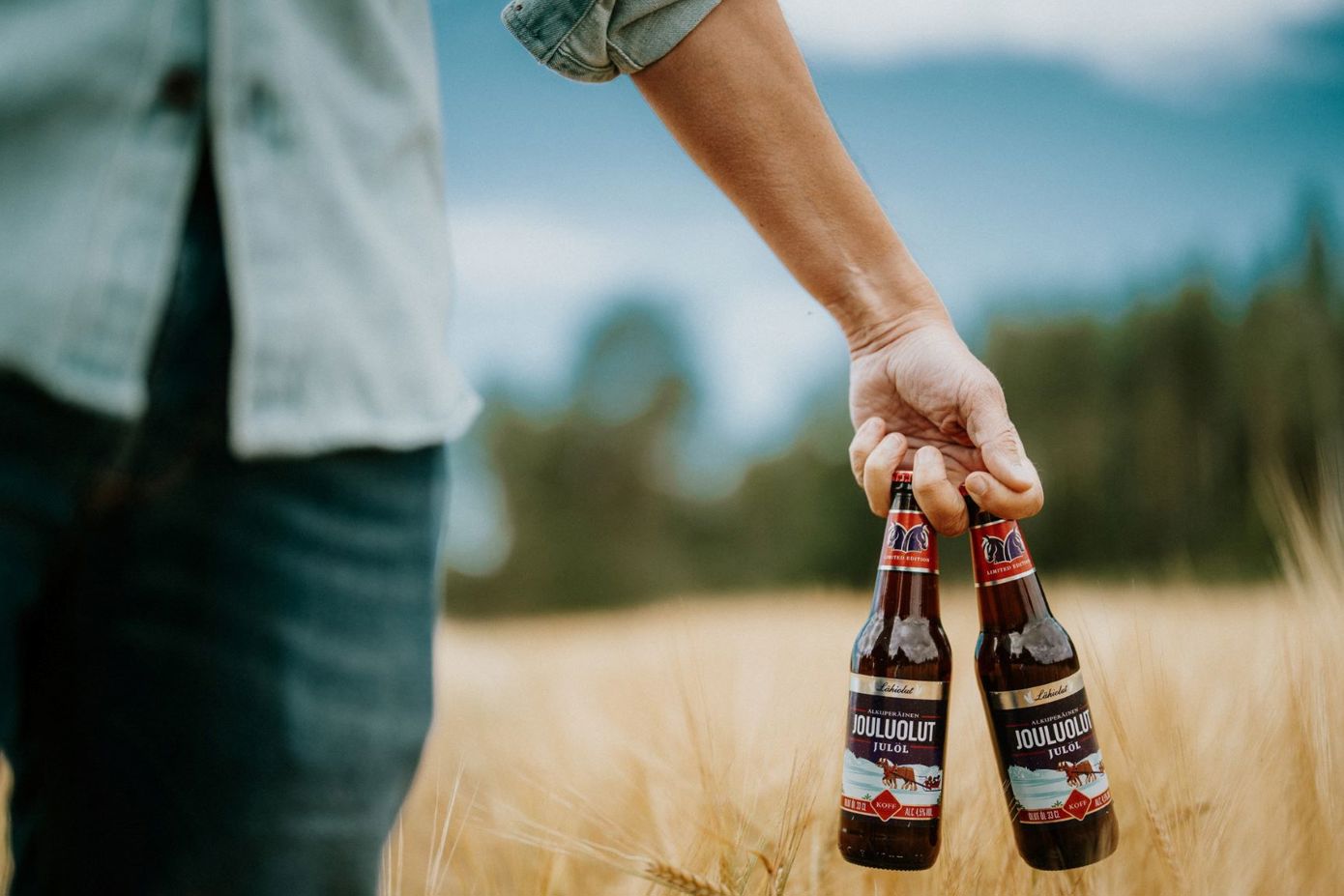
 Regenerative farming in Finland
Regenerative farming in Finland
KOFF Christmas beer, produced at our carbon-neutral Sinebrychoff brewery, is the most popular Christmas beer in Finland. It contains a very special barley from regenerative practices.
The barley used to make it can be traced back to two regenerative farms in Finland, one of them owned by a couple who have been working for seven years to improve soil conditions through regenerative practices, including minimised tillage and planting cover crops to sequester carbon in the soil and prevent nutrients leaking into water once the barley has been harvested. Baltic Sea Action Group confirmed the beer as Baltic Sea-friendly following an assessment of the farm’s cultivation practices, crop selection, rotation and fertilisation. Watch the video below to find out more.
"Today, we know that climate change is threatening the Baltic Sea and hundreds of farmers alike. It is hoped that the regenerative cultivation to improve soil condition will help mitigate climate change and reduce emissions to water bodies. Improving crop security and tolerance for extreme weather naturally motivates farmers." Pieta Jarva, Strategy Director, Baltic Sea Action Group.




Thirsty for more?

Crops for the future
Climate change and increased population growth are challenging sustainable food production. Carlsberg Research Laboratory will together with several partners develop climate-tolerant plants with higher yields and better nutritional value.

Promoting sustainable agriculture through crop innovation
The Carlsberg Research Lab has developed a new variety of barley that reduces the amount of energy and synthetic inputs needed for the malting and brewing processes by achieving the desired flavour with less kilning, evaporation and filtration.

Carbon-neutral brewing in Finland
Sinebrychoff in Finland is the oldest brewery in the Nordic countries and our latest to achieve carbon neutrality. It is the first of the large Finnish breweries to accomplish this milestone and also the world’s first carbon-neutral bottler of Coca-Cola.
Central & Eastern Europe and India
-
Azerbaijan
-
Belarus
-
Bulgaria
-
Croatia
-
Estonia
-
Greece
-
Hungary
-
India
-
Italy
-
Kazakhstan
-
Latvia
-
Lithuania
-
Serbia
-
Ukraine

